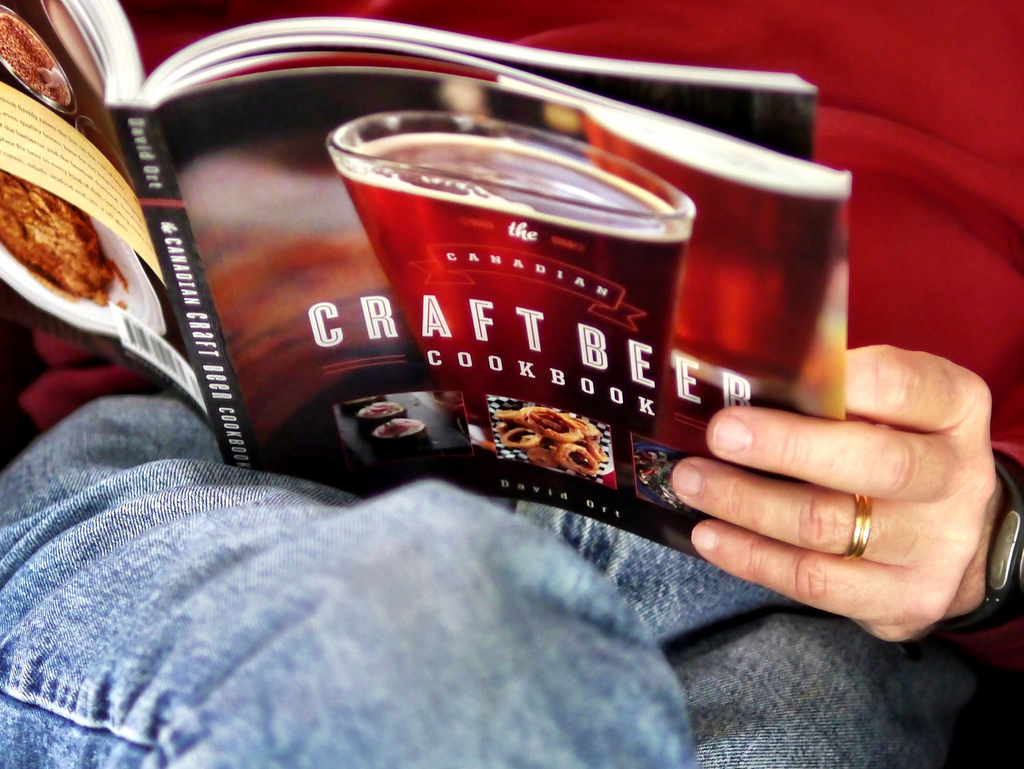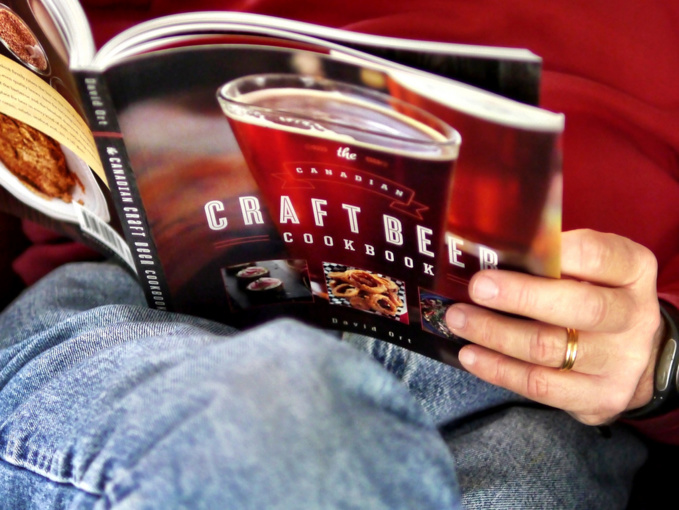This sector has grown steadily in the past five years, and the small brewery has attracted much interest from the international giants. It can be explained easily. Craft breweries are building up their market share, and are displacing massive brands. Craft beer is a beverage brewed by an independent production that produces no more than 6 million barrels a year, mostly using traditional methods.
According to The United States Brewers' Association, the craft beer market in US is estimated at $ 22 billion, or 21% of the total beer market. Meanwhile, large companies started to buy private breweries in hope to find a way out. In 2011, AB InBev acquired Chicago Goose Island, and then bought another 11 breweries in the US and the UK. Last year, Molson Coors bought four breweries. Craft beer still account for less than 1% of sales of AB InBev in the US, yet Goose Island took 5th place by contribution in the group’s total sales growth in the US market.
Many believe that the crafting sector is finishing the rapid growth stage, and activity in mergers and acquisitions is also on the decline. "We are approaching the peak in the United States. Double-digit growth can not last forever,"- said Senior Analyst at Euromonitor alcohol market Spiros Malandrakis.
The United States Brewers' Association says that sales of craft beer in the US market grew by 18% per year in 2013-2014, slowed to 13% in 2015, and reached just 8% in 2016. Slow down the pace of discovery and breweries.
Analysts are sure that this trend was meant to come. The very definition of craft breweries affects the industry. By law, this category no longer includes manufacturers 25% of which or more are owned by large brewers.
Manufacturers and retailers are positioning crafting a beer as a beverage different from industrial analogues. This kind of beer is produced at small breweries using natural ingredients. Market participants offer the following definition: "a quality beer, brewed by a man, not a board of directors."
According to Bill Elkins, a manager at supplier of hops Hopsteiner, rising popularity of craft beer is obliged to enlarging share of those consumers who want to know origins of products they buy. In addition, craft beer is some kind of affordable luxury as prices for the beverage are low compared with wine.
- Beer is more accessible than wine in every sense. People know what beer is, and are not afraid to experiment with different styles. Unlike buying a bottle of an unknown wine, craft beer lets you indulge yourself without going broke.
The expert is confident that craft beer will never replace mass brands, nor it should be its purpose. In his opinion, there is a positive side in acquisitions of small breweries by multinational players. This way, craft breweries can expand their distribution network.
source: ft.com, beveragedaily.com
According to The United States Brewers' Association, the craft beer market in US is estimated at $ 22 billion, or 21% of the total beer market. Meanwhile, large companies started to buy private breweries in hope to find a way out. In 2011, AB InBev acquired Chicago Goose Island, and then bought another 11 breweries in the US and the UK. Last year, Molson Coors bought four breweries. Craft beer still account for less than 1% of sales of AB InBev in the US, yet Goose Island took 5th place by contribution in the group’s total sales growth in the US market.
Many believe that the crafting sector is finishing the rapid growth stage, and activity in mergers and acquisitions is also on the decline. "We are approaching the peak in the United States. Double-digit growth can not last forever,"- said Senior Analyst at Euromonitor alcohol market Spiros Malandrakis.
The United States Brewers' Association says that sales of craft beer in the US market grew by 18% per year in 2013-2014, slowed to 13% in 2015, and reached just 8% in 2016. Slow down the pace of discovery and breweries.
Analysts are sure that this trend was meant to come. The very definition of craft breweries affects the industry. By law, this category no longer includes manufacturers 25% of which or more are owned by large brewers.
Manufacturers and retailers are positioning crafting a beer as a beverage different from industrial analogues. This kind of beer is produced at small breweries using natural ingredients. Market participants offer the following definition: "a quality beer, brewed by a man, not a board of directors."
According to Bill Elkins, a manager at supplier of hops Hopsteiner, rising popularity of craft beer is obliged to enlarging share of those consumers who want to know origins of products they buy. In addition, craft beer is some kind of affordable luxury as prices for the beverage are low compared with wine.
- Beer is more accessible than wine in every sense. People know what beer is, and are not afraid to experiment with different styles. Unlike buying a bottle of an unknown wine, craft beer lets you indulge yourself without going broke.
The expert is confident that craft beer will never replace mass brands, nor it should be its purpose. In his opinion, there is a positive side in acquisitions of small breweries by multinational players. This way, craft breweries can expand their distribution network.
source: ft.com, beveragedaily.com



















